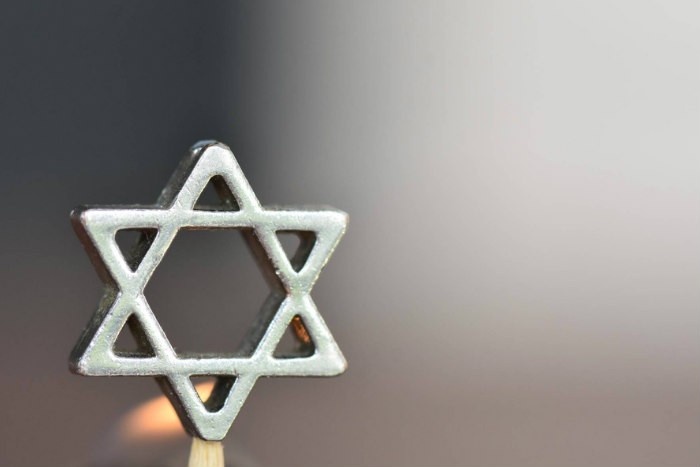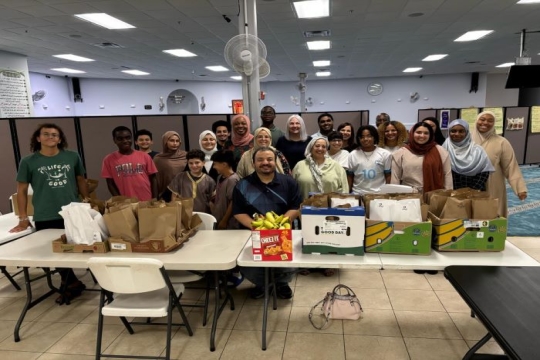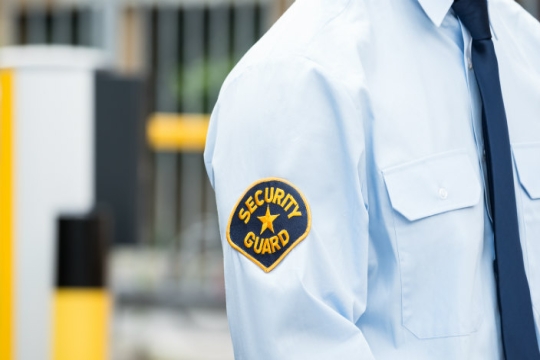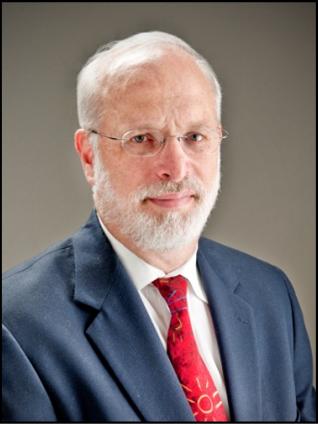
Just days ago on Rosh HaShanah, we began the Jewish year of 5781 in the midst of an incredible paradigm shift – one that may have perilous consequences for the Jewish people of a magnitude most of us have not witnessed in our lifetimes.
At this historical juncture, we must ask: What does our community need from its congregational leaders?
We must be courageous exemplars, like the legendary Nachshon, who was the first to enter the sea after our ancestors’ escape from Egypt. Seeing Pharaoh’s army closing in on him and the death and destruction that they represented, Nachshon understood that the only option for his people was to move forward into the future.
We need the kind of leadership exemplified by the Israeli Golani Brigade, whose motto is Acharai! – “After me!” We need leadership by example.
The established 4 P’s of leadership – purpose, passion, persistence, and philanthropy – no longer suffice. Now, we must add a fifth: participation. What makes this requirement so challenging is that our community needs its leaders to be fully present at a time when safety measures dictate we must be physically apart, keeping our distance.
Our congregations face great challenges. Numerous reports tell of families “opting out” of paying temple dues, saying they are leaving congregational life “for a year”; in one congregation, religious school enrollment has fallen by 100 families. Across the bord, such shortfalls are wreaking havoc on congregational budgets – and no one can say with certainty what the long-term effect will be on Jewish communal life in post-pandemic times.
I am confident that our congregations will bounce back, but keeping the damage to a minimum will require our leaders to be innovative, to think outside of the box. Fundraising events, for example, will have to be reimagined. In my congregation, after having to cancel our annual Jewish festival, we devised a drive-thru Jewish food festival that featured a menu of chopped brisket, falafel, matzah ball soup, kugel, knishes, baked goods, and Dr. Brown's Soda.
We will have to lean more on state and regional inter-congregational cooperation for shared resources and programs. For example, on the Wednesday night between Rosh HaShanah and Yom Kippur, North Carolina rabbis organized an online memorial service for Supreme Court Justice Ruth Bader Ginsburg, bringing together 13 URJ congregations and four other organizations served by Reform clergy. And this fall, five North Carolina congregations are planning a joint educational morning adult school called “Sages for the Ages.”
In the aftermath of this crisis, there will be an opportunity to create a new paradigm of congregational life and service. At present, many congregations have committees focusing on pandemic protocols and reopening strategies. This work consumes an enormous amount of time, but it is, of course, necessary. Perhaps now is the time to invest a similar number of hours in trying to envision and prepare for a new congregational paradigm in the aftermath of COVID-19.
The leadership role of our congregational presidents will be crucial in this endeavor. When they agreed to become temple president, they had wonderful visions of how they would serve and what they aimed to accomplish – then came the pandemic, and everything shifted. They now face unprecedented challenges, perhaps the most severe and consequential in the entire history of the congregation.
And this is where our board and congregants come in. Our temple leadership and clergy need your encouragement, participation in online events, and financial support as never before. Our leadership will need to engage with congregants and be aware of those who have lost jobs or become ill, of their sorrows as well as their . We will need everyone to double down instead of opting out – and we need them to help amplify that message to others our community, as well.
During , we read the words “Return O Israel, unto the Lord your God” (Hosea 14:1). Jewish tradition teaches that if we return to God halfway, God will meet us in the middle – and I believe this is how we are currently being summoned as congregational leaders. We are being challenged to go as far as we are able, even if it is not as far as we’d like.
Let it be our hope and our prayer that even in this time of crisis, we shall turn to each other in a mutual effort to renew and revitalize our congregations, our faith, and our people. Whether we are officers or trustees, clergy or participating members of a congregation, this year especially, let us all be bound in a brit, a covenant of giving and sharing. It is a task that none of us can accomplish alone – but together we will not fail.
Have something to say about this post? Join the conversation in The Tent, the communications and collaboration platform for congregational leaders of the Reform Movement. You can also tweet us or tell us how you feel on Facebook
Related Posts

How URJ Congregations Spark Change and Innovation

Leadership Boot Camp: A Clean Page, Infinite Possibilities

